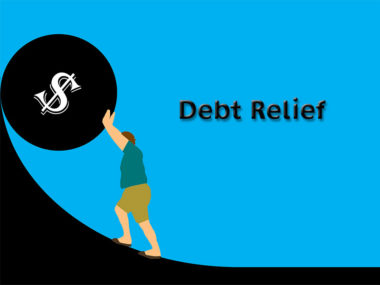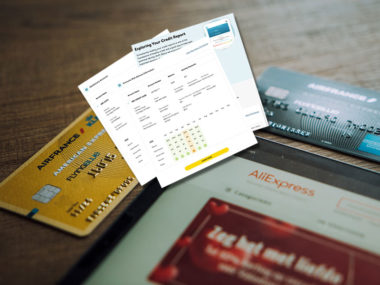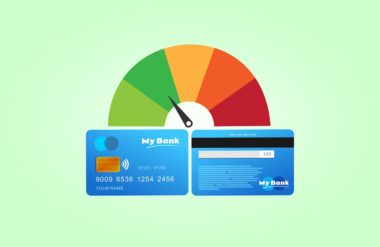Single parents can have a tough time keeping financially afloat, and it can seem like the world conspires to keep you down. On top of bills, like rent or mortgage and utilities, you have to care for a child. All of this has to be done on a single paycheck. Or, if you are lucky, you might have payments from an ex. Chances are, you still have debts whether it’s from credit cards, student loans or lawyers. Let’s look at debt relief options for single parents.
Table of Contents
Debt Management and Relief
First, you will want to look at ways of managing your debt. Creating a personal budget should be your first step, no matter the route you take to debt relief. A budget will help you prioritize where your money is going, and, even as a single parent, pay off debt faster.
Refinancing
It’s time to take responsibility for any outstanding debts you have. You might be able to refinance them to get a better interest rate, or different payments. Either will help you pay off the debt in the long run, hopefully with a better payment plan. This is a great option for anyone with lower income. We’ll talk about a more extreme option, debt settlement, later.
SNAP
The Supplemental Nutrition Assistance Program, or SNAP, commonly referred to simply as “food stamps,” can help with part of your budget. It allows low-income families to use food stamps to purchase food, rather than having to devote a large portion of a paycheck to feeding not only yourself, but your children. In short, it helps you pay for groceries and ensure you and your children are eating healthy. This is available to both single mothers and fathers.
WIC
The Women, Infants, and Children Program, another federal program, “provides grants to States for supplemental foods, health care referrals, and nutrition education for low-income pregnant, breastfeeding, and non-breastfeeding postpartum women, and to infants and children up to age five who are found to be at nutritional risk.” WIC provides not only food but nutritional education and counseling, as well as screenings and referrals for other health, welfare, and social services. About 53 percent of newborns are serviced by WIC. Single men may be able to benefit, as well, but only for their babies, with no supplemental food for the adult. Check with your state’s health department for eligibility.
TANF
The Temporary Assistance For Needy Families, or TANF, is another federal program, designed to help families achieve self-sufficiency. It requires that a single parent take part in 30 hours of work-related activity a week to be eligible, and those with no job are required to find one within two years. The cash benefit portion of TANF is often referred to simply as “welfare.”
Debt Settlement
If your lender does not agree to refinance, and your personal budgeting isn’t enough, you may need to consider debt settlement. While debt settlement can lead to you not needing to pay the entire debt back, it can have nearly the same affect on your credit score as declaring bankruptcy. Remember this is a negotiation, not a given, but being a single parent may make the lender more sympathetic to your cause.
It’s also important to understand the difference between debt settlement and debt consolidation. Consolidation can eliminate some of the money you owe, in the form of interest. As the name implies, multiple debts are lumped together. This means less payments overall, and only one interest rate on one debt instead of multiple payments, each including interest, on multiple debts. There will likely be a small hit to your credit, but not as much as debt settlement.
Debt and Credit Counseling
Debt and credit counseling is essentially education on how to deal with debt. It’s essentially hiring someone who knows finances to go through your income and helps you make a plan for repaying your debts. While most of the information a credit counselor can give you is easily found online for free, you are essentially hiring someone for their experience. If you are able to spend the money to hire a credit counselor, it will likely be worth your time. Also note that there are some free resources at your disposal.
Credit Repair
Finally, mixing debt management and credit counseling, credit repair can help raise your credit score. This is different from credit counseling in that you should already have a solid debt management plan, but are looking for ways to increase your credit score. You might, for example, find an ex-spouse’s information still on your credit report and is hurting your score, when it should not be counted against you. You can hire companies to do the work for you, especially in dire situations, or you can do the work yourself and send your own letters. In terms of money you will save, credit repair helps your credit score, which can in turn help you refinance for a better interest rate. The less interest you pay, the more money you have to spend on your family.
If can feel like the world is stacked against single parents with debt, but there are relief options. Weigh the options, decide what is right for you, and you put yourself on a better path to care for yourself and your family.
For more information on credit scores, visit our resource and learning center.
Image Source: https://depositphotos.com/





